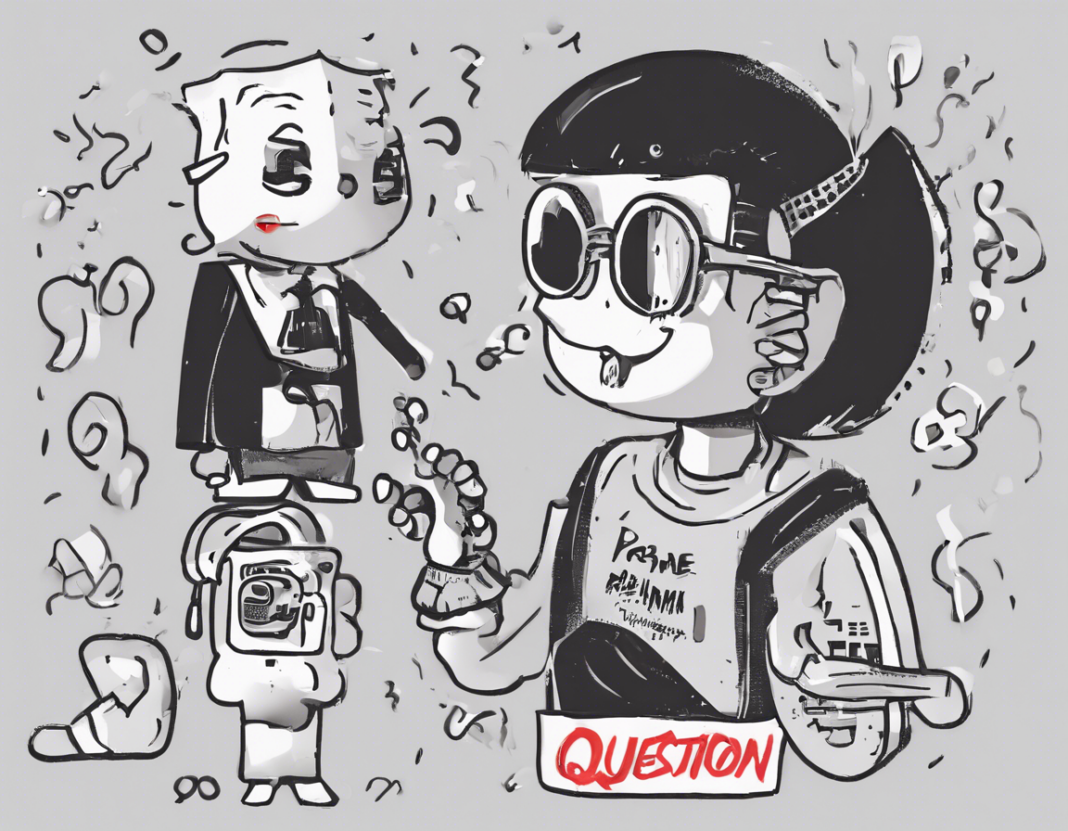Are you looking to create a more sustainable lifestyle but are unsure of where to start? One of the most impactful ways to live sustainably is by reducing waste, particularly plastic waste. Plastics are a major environmental concern due to their long degradation time and harmful effects on wildlife and ecosystems. In this article, we will explore 10 practical tips to help you reduce your plastic waste and move towards a more sustainable lifestyle.
Why is Reducing Plastic Waste Important?
Reducing plastic waste is crucial for several reasons. Plastics do not biodegrade, meaning that once they enter the environment, they can remain there for hundreds of years. This results in the pollution of our oceans, soil, and air, posing a threat to wildlife and ecosystems. By reducing plastic waste, we can help conserve resources, protect the environment, and decrease our carbon footprint.
10 Tips to Reduce Plastic Waste
1. Carry Reusable Bags
Plastic bags are one of the most common sources of plastic pollution. By carrying reusable bags when you shop, you can avoid using single-use plastic bags and reduce waste. Keep reusable bags in your car or purse to have them handy whenever you need to make a purchase.
2. Say No to Single-Use Plastics
Single-use plastics such as straws, utensils, and water bottles are major contributors to plastic waste. Invest in a reusable water bottle, carry a set of reusable utensils, and say no to plastic straws to reduce your consumption of single-use plastics.
3. Choose Glass or Metal Containers
When storing food or beverages, opt for glass or metal containers instead of plastic ones. Glass and metal are more durable and can be reused multiple times, reducing the need for disposable plastic containers.
4. Shop in Bulk
Buying products in bulk can help reduce the amount of plastic packaging you consume. Look for stores that offer bulk food items and bring your own containers to fill up on staples like grains, nuts, and spices.
5. Use Reusable Produce Bags
Instead of using plastic bags for fruits and vegetables, switch to reusable produce bags made from organic cotton or mesh. These bags are lightweight, durable, and machine washable, making them a sustainable alternative to single-use plastic bags.
6. Make Your Own Cleaning Products
Many commercial cleaning products come in plastic bottles that end up in the landfill. You can reduce plastic waste by making your own DIY cleaning products using simple ingredients like vinegar, baking soda, and essential oils. Store your homemade cleaners in glass bottles for a zero-waste solution.
7. Choose Natural Personal Care Products
Conventional personal care products often come in plastic packaging that is difficult to recycle. Switch to natural and package-free alternatives** such as shampoo bars, solid soaps, and bamboo toothbrushes to reduce plastic waste in your bathroom.
8. Participate in Clean-Up Events
Join local clean-up events in your community to help remove plastic waste from beaches, parks, and waterways. By volunteering your time, you can make a direct impact on reducing plastic pollution and raising awareness about the importance of waste management.
9. Compost Organic Waste
Food scraps and yard waste are often thrown away in plastic bags, contributing to the landfill problem. Start a composting system in your backyard or look for local composting facilities to divert organic waste from landfills and reduce plastic pollution.
10. Spread Awareness
Lastly, spread awareness about the importance of reducing plastic waste to your friends, family, and community. Share information on social media, organize educational events, and advocate for sustainable practices in your daily life to inspire others to join the movement towards a plastic-free future.
Frequently Asked Questions (FAQs)
1. Why is plastic waste a concern for the environment?
Plastic waste poses a serious threat to the environment as it can take hundreds of years to decompose, leading to pollution of oceans, soil, and air. Wildlife can ingest or become entangled in plastic debris, resulting in harm and even death to many species.
2. How does reducing plastic waste benefit the planet?
Reducing plastic waste helps conserve natural resources, protect ecosystems, and decrease carbon emissions associated with plastic production and disposal. It also fosters a circular economy where materials are reused and recycled rather than being discarded after a single use.
3. What are some alternatives to single-use plastics?
Alternatives to single-use plastics include reusable bags, water bottles, utensils, straws, and food containers made from materials such as stainless steel, glass, silicone, and bamboo. These alternatives are durable, sustainable, and can be used multiple times.
4. How can I recycle plastic items properly?
To recycle plastic items properly, check with your local recycling facility to understand which types of plastic are accepted for recycling. Clean and sort plastic items according to their resin codes to ensure they can be processed effectively. Avoid contaminating recyclables with non-recyclable materials.
5. What are some innovative solutions to manage plastic waste?
Innovative solutions to manage plastic waste include biodegradable plastics, plastic-eating bacteria, ocean cleanup technologies, and upcycling initiatives that transform plastic waste into valuable products. These solutions aim to reduce the impact of plastic pollution on the environment and promote a more sustainable future.

